📚 The five best books I read in 2021
I read 95 books in 2021. Here are the five best -- and bunch of really good runner-ups.
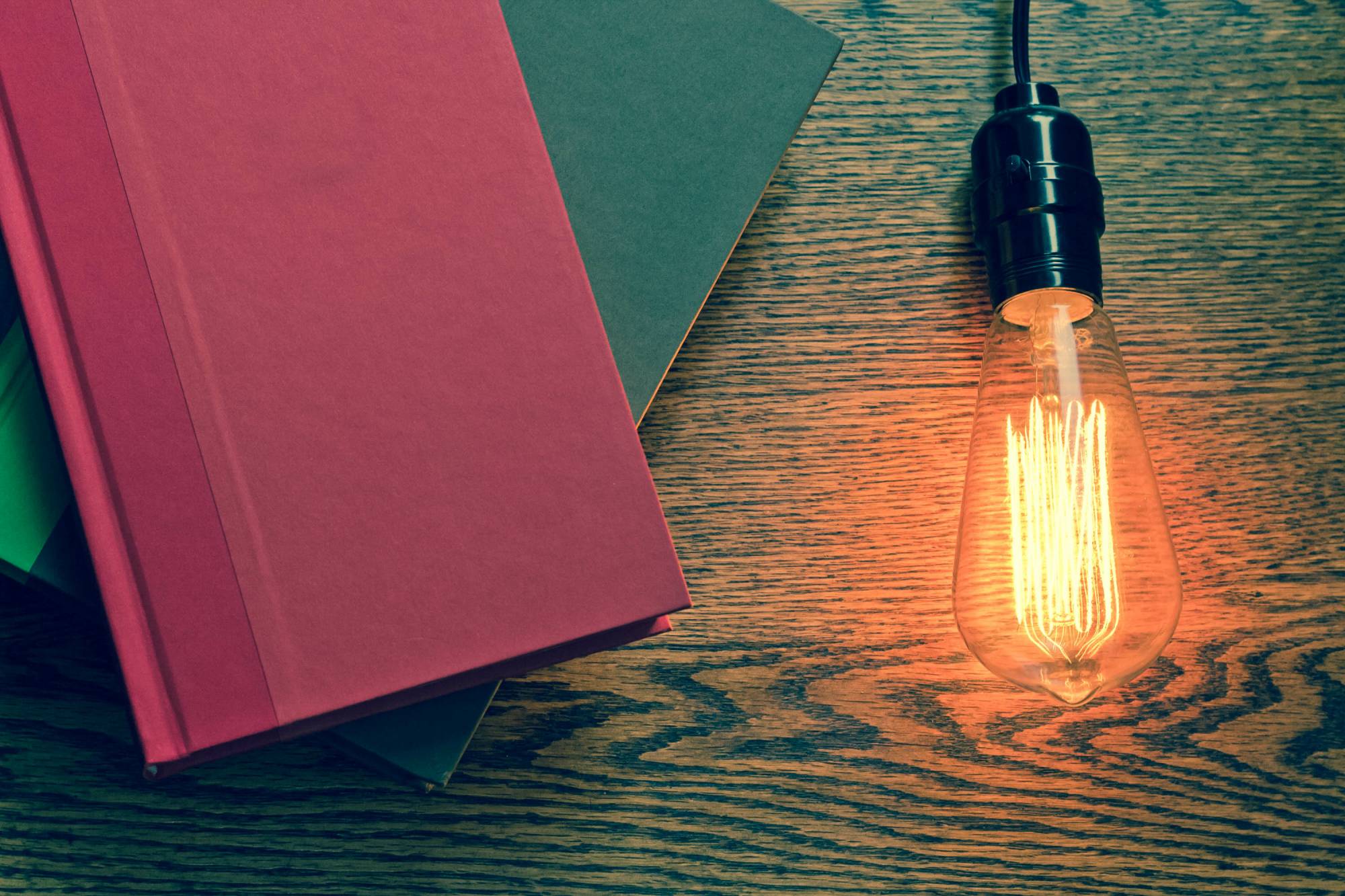
I read 95 books in 2021, which was a surprise. In May I became a father for the first time, and I thought my book reading would take a hit. But thanks to audiobooks and long nights I managed to keep almost the same pace as the year before.
To read this many books requires some tips and tricks, and discipline. I've written earlier on the topic.
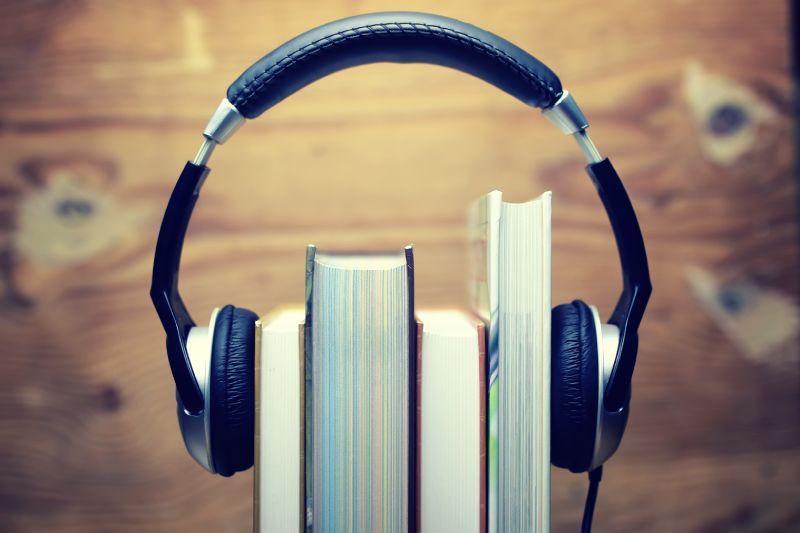
Here are the five best books I read in 2021 – and a bunch of really good runner-ups.
Hail Mary
By Andy Weir
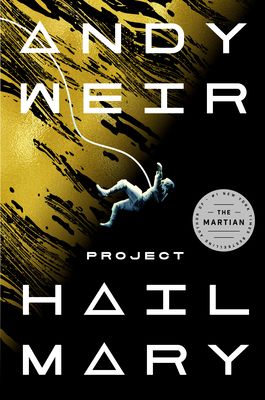
Was Andy Weir a one-hit-wonder with The Martian? His follow-up book Artemis was OK, but nothing more. Nope, Weir had more good books in him. Hail Mary is really good!
Ryland Grace wakes up all confused. He soon realizes he is on a spaceship far, far away and has a very important task.
Science fiction at its absolute best.
Liftoff: Elon Musk and the Desperate Early Days That Launched SpaceX
by Eric Berger
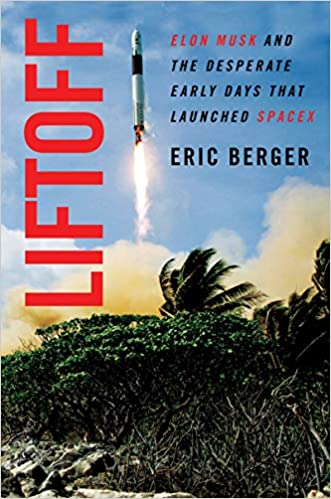
SpaceX was really close to dying. They had the money for three launches and one of them had to be successful. All three failed.
This is the story of the men and women who kept SpaceX alive. Elon Musk of course, but also Gwynne Shotwell, Tom Mueller and many others. Really well told by one of my favorite space writers, Eric Berger.
Here is an interview I did with Eric Berger about his book.
Truman
by David McCullough
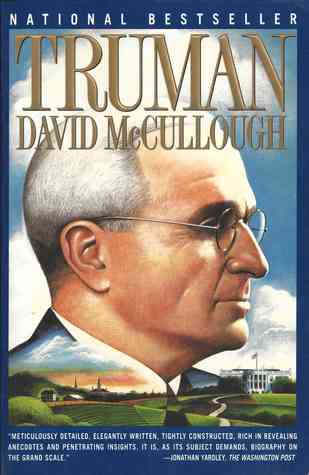
American Presidential history is a big hobby of mine. I've been to all official Presidential Libraries & Museums (except Gerald Ford's).
Harry S. Truman lived close to his library and museum after his presidency. An early riser he often got there before the staff, and when someone called he picked up the phone, gave directions and answered questions on when they were open.
I love that story because it says so much about Truman. A simple man from a simple background, smart and hard-working and suddenly catapulted to the Oval Office with a long list of tasks harder than maybe any president before him. All well captured in this book.
The Alchemy of Air: A Jewish Genius, a Doomed Tycoon, and the Scientific Discovery That Fed the World but Fueled the Rise of Hitler
By Thomas Hager
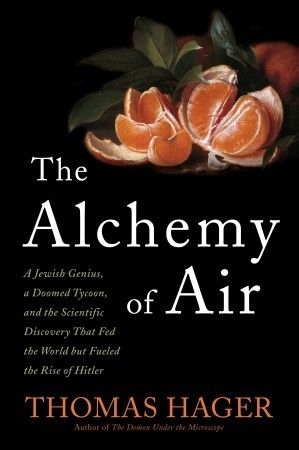
How Carl Bosch and Fritz Haber invented the Haber-Bosch process that among many things made artificial fertilizers possible, that has saved millions of lives.
A book about fertilizers might sound boring, but it's not. Both Bosch and Haber are fascinating persons, and the results of their work have had an enormous influence on humanity and life on Earth.
Genius Makers: The Mavericks Who Brought AI to Google, Facebook, and the World
By Cade Metz
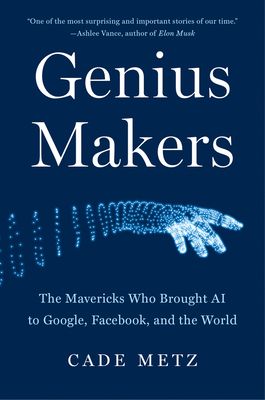
Before I read this book I didn't know that machine learning and neural networks (real buzzwords today) actually had their breakthrough just a few years ago. Artificial intelligence was evolving along another path when two people changed that.
One was a researcher who couldn't sit down. The other was a neuroscientist and chess prodigy who decided to build a machine that could do anything the human brain could do.
A bunch of really good runner-ups
Comeback: The Fall & Rise of the American Automobile Industry by Paul Ingrassia and Joseph B. White. Tells the fascinating story of Detroit's many ups and downs.
Superforecasting: The Art and Science of Prediction by Philip E. Tetlock and Dan Gardner. Helpful if you want to learn more about predictions and decisions.
City of Gold: Dubai and the Dream of Capitalism by Jim Krane. In this book I learned that Dubai's economy is actually not dependent on oil.
How I Killed Pluto and Why It Had It Coming by Mike Brown. I never understood why Pluto was downgraded, but now I know, and who did it.
Viral: The Search for the Origin of COVID-19 by Alina Chan and Matt Ridley. A lab leak was considered a conspiracy theory, but Ridley and Chan show it needs to be investigated. Fascinating what an open society can dig up.
The Precipice: Existential Risk and the Future of Humanity by Toby Ord. Very interesting on the dangers humanity face, and how to avoid them.
Layered Money: From Gold and Dollars to Bitcoin and Central Bank Digital Currencies by Nik Bhatia. A unique way to describe the monetary system, and why Bitcoin is such a revolution.
Ben & Jerry's: The Inside Scoop: How Two Real Guys Built a Business with a Social Conscience and a Sense of Humor by Fred Lager. The origin story of Ben & Jerry's. Very entertaining.
Extraterrestrial: The First Sign of Intelligent Life Beyond Earth by Avi Loeb. The Harvard professor makes the case for why Oumuamua was made by aliens.
Amazon Unbound: Jeff Bezos and the Invention of a Global Empire by Brad Stone. The follow-up to his earlier book on Amazon and Bezos.
On the House: A Washington Memoir by John Boehner. The former Speaker of the House lets loose on everyone and everything. Entertaining!
The Land of Painted Caves by Jean M. Auel. The last book in the six-part Earth's Children series. I recommend them all.
The Code Breaker: Jennifer Doudna, Gene Editing, and the Future of the Human Race by Walter Isaacson. The story of one of our times biggest scientific breakthroughs, CRISPR-Cas9.
Brand Luther by Andrew Pettegree. How Martin Luther went from unknown priest to world-famous reformer. I've written an essay about the book: Martin Luther – the first twitterer.
Taken for a Ride by Bill Vlasic and Bradley A. Stertz. About the unsuccessful merger of Chrysler and Daimler.
The Last Days of Night by Graham Moore. Fiction based on a true story about Nikola Tesla, Thomas Edison and George Westinghouse.
How Innovation Works: Serendipity, Energy and the Saving of Time by Matt Ridley. The title really says it all.
Mathias Sundin
Co-founder & CEO of Warp News
Co-founder & Executive Chairman, Warp Institute
